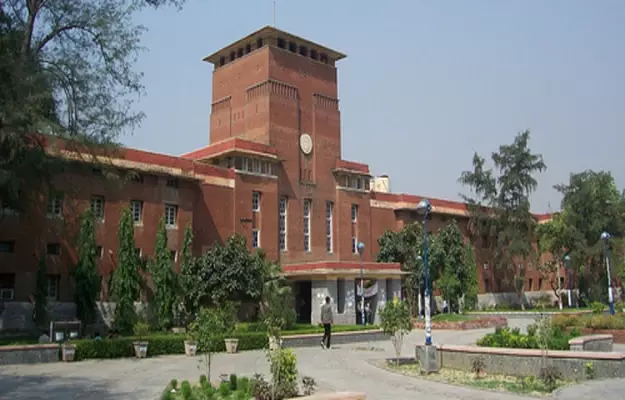Delhi HC Reserves Judgment On Pleas To Stop Delhi University's Open Book Exams
Radhika Roy
5 Aug 2020 8:19 PM IST

Next Story
5 Aug 2020 8:19 PM IST
The Delhi High Court on Wednesday reserved the judgement in a batch of pleas challenging the decision of Delhi University to conduct online Open Book Examinations (OBE) for final-year students.A Single-Judge Bench of Justice Pratibha M. Singh heard the arguments posited by the Respondents in the matter as well as the Replies of the Petitioners, and proceeded to reserve the...
